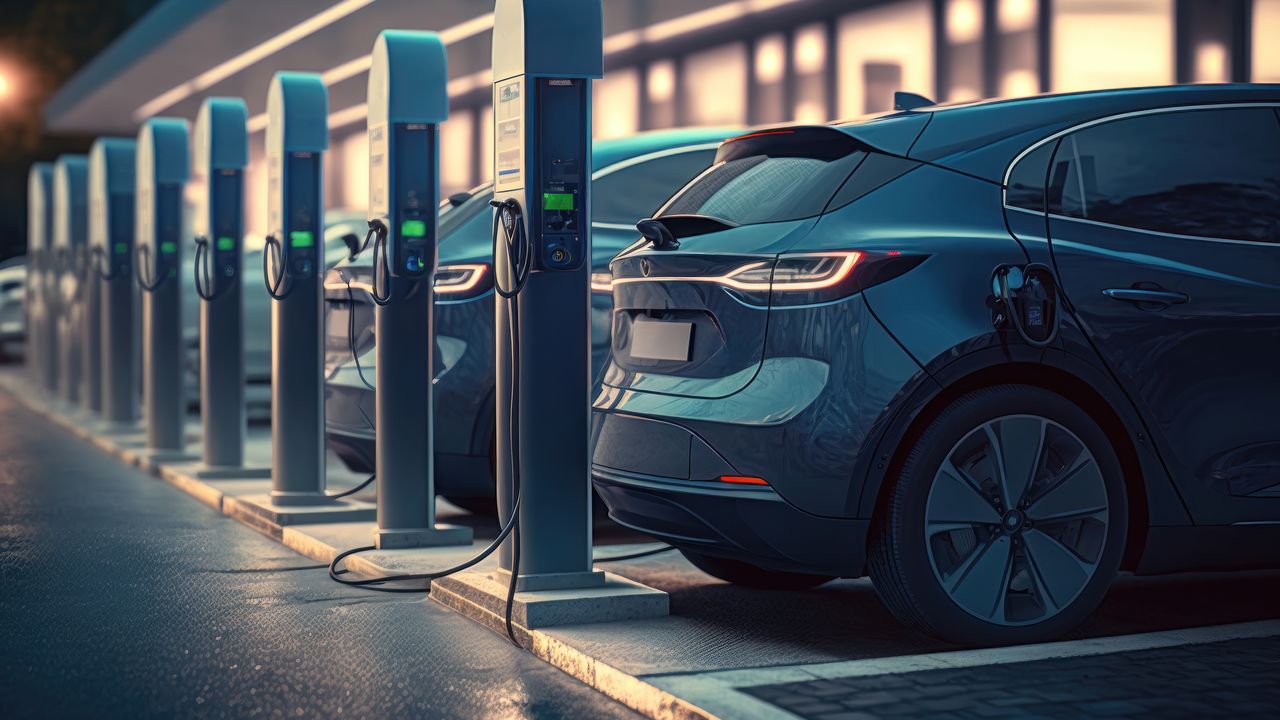Overview of Electric Cars: The Future of Sustainable and Green Transportation
Electric vehicles (EVs) have taken the world by storm in recent years, revolutionizing the way we think about transportation. With their sustainable and eco-friendly nature, electric cars are paving the way for a greener future. In this article, we will dive into the world of EVs and explore the many benefits they offer.
What Makes Electric Cars Sustainable?
Electric cars are often hailed as the epitome of sustainable transportation due to their unique features. Unlike traditional gasoline-powered vehicles, EVs run entirely on electricity, eliminating the need for fossil fuels. This not only reduces greenhouse gas emissions but also helps combat climate change.
Furthermore, electric cars produce zero tailpipe emissions, making them ideal for improving air quality in urban areas. The absence of harmful pollutants such as carbon monoxide and nitrogen oxides means that EVs contribute to a cleaner and healthier environment.
The Advantages of Electric Cars
Aside from their sustainability, electric cars offer a range of advantages over conventional vehicles. Let’s take a closer look at some of these benefits:
1. Cost Savings
While the initial purchase price of an electric car may be higher than that of a traditional car, the long-term savings are significant. Electric vehicles have lower operating costs as they require less maintenance and have fewer moving parts. Additionally, the cost of electricity is often lower than gasoline, resulting in substantial savings over time.
2. Energy Efficiency
Electric cars are highly energy-efficient compared to their gasoline counterparts. While internal combustion engines waste a significant amount of energy through heat dissipation, electric motors convert a higher percentage of energy from the battery to power the wheels. This efficiency translates into longer driving ranges and reduced energy consumption.
3. Performance and Instant Torque
Contrary to popular belief, electric cars are not sluggish. In fact, they offer impressive acceleration and instant torque, thanks to the electric motor’s ability to deliver maximum power from the moment you press the accelerator. This feature makes EVs a joy to drive, providing a smooth and responsive experience on the road.
4. Renewable Energy Integration
Electric cars are a perfect match for renewable energy sources such as solar and wind power. By charging EVs with electricity generated from renewable sources, we can create a truly sustainable transportation system. This integration paves the way for a future where our vehicles are powered by clean and limitless energy.
The Challenges of Electric Cars
While electric cars offer numerous advantages, they are not without their challenges. Here are a few hurdles that need to be addressed:
1. Limited Charging Infrastructure
One of the main obstacles to widespread EV adoption is the lack of charging infrastructure. Although the number of charging stations is increasing, it is still not as widespread as gasoline stations. However, governments and private companies are actively working to expand the charging network, making it more convenient for electric car owners.
2. Range Anxiety
Range anxiety refers to the fear of running out of battery power before reaching a charging station. While the driving range of electric cars has improved significantly in recent years, it remains a concern for some potential buyers. However, advancements in battery technology are continuously extending the range of EVs, alleviating this concern.
3. Upfront Cost
As mentioned earlier, the initial cost of purchasing an electric car can be higher compared to traditional vehicles. However, as technology advances and economies of scale come into play, the cost of EVs is gradually decreasing. Additionally, various government incentives and tax credits are available to help offset the upfront cost.
In Conclusion
Electric cars are undoubtedly the future of sustainable and green transportation. With their zero emissions, cost savings, and renewable energy integration, EVs offer a compelling alternative to traditional vehicles. While challenges such as limited charging infrastructure and range anxiety exist, the continuous advancements in technology and growing support from governments and private sectors are driving the widespread adoption of electric cars. Embracing electric vehicles is not only a step towards a cleaner and healthier planet but also a leap into a more sustainable and efficient future.
